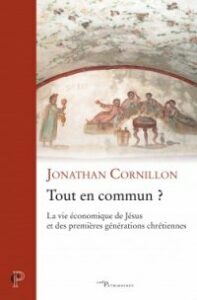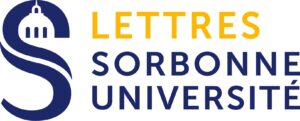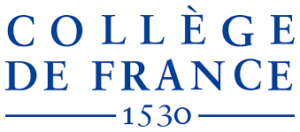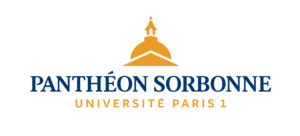All-in Common? Money and Possessions in Early Christianity
 15 Octobre 2021, 15.00-16.30 (3-4.30 PM, GMT +2)
15 Octobre 2021, 15.00-16.30 (3-4.30 PM, GMT +2)
Tilburg University (School of Catholic Theology)
Visio conférence via zoom
Accès libre.
Pour s’enregistrer : https://www.tiu.nu/cornillon
De quoi Jésus et ses disciples vivaient-ils ? Comment l’apôtre Paul et ses compagnons ont-ils financé leurs activités de missionnaires ? Les prédicateurs des premières générations chrétiennes étaient-ils rémunérés ? Quelles étaient les formes de la solidarité matérielle des premières communautés chrétiennes ?
Telles sont les questions de ce symposium en ligne avec Jonathan Cornillon. Affilié à Sorbonne Université, il a publié le livre » Tout en commun ? La vie économique de Jésus et des premières générations chrétiennes » (Cerf Patrimoines, 2020).
Après une introduction de Jonathan Cornillon, Bart Koet (Professor of New Testament and Early Christian Literature, Tilburg School of Catholic Theology) présentera ce livre. Bart Koet et Paul van Geest (Professor of Church History Tilburg School of Catholic Theology) spécialiste de Saint Augustin, commenteront le livre.
La vie économique des premières communautés chrétiennes, depuis la prédication de Jésus jusqu’à la fin du troisième siècle était profondément liée à une approche éthique et solidaire de la pauvreté. Néanmoins, dès la prédication de Jésus, il y a eu un financement ambitieux de la proclamation et de la vie de l’église. L’objectif était d’utiliser les ressources de manière efficace, même s’il y eut des abus ou un manque de perspicacité financière. L’important était et reste l’idéal selon lequel la propriété n’est pas seulement privée mais toujours commune. Le souvenir de la prédication de Jésus et la pratique de la première communauté de Jérusalem ont donné aux chrétiens une morale ambitieuse à mettre en pratique.
Programme
15:00 Accueil et introduction – Bart Koet
15:10 Introduction – Jonathan Cornillon
15:40 Réponse – Bart Koet
15:55 Réponse – Paul van Geest
16:10 Questions et discussion
16h30 Fin du symposium
Informations pratiques
La langue officielle est l’anglais. Les questions peuvent être posées en néerlandais et en français via la fonction chat de Zoom.
[en]
{ {What did Jesus and his disciples live on? How did the apostle Paul and his companions finance their missionary activities? Were the preachers of the first Christian generations paid? What forms did the material solidarity of the first Christian communities take? }}
These are the questions of the online symposium with Dr. Jonathan Cornillon. He is affiliated with the University de Sorbonne (Paris IV) and wrote « Tout en commun ? La vie économique de Jésus et des premières générations chrétiennes » (Cerf Patrimoines, 2020).
After an introduction by Dr. Jonathan Cornillon], Dr. Bart Koet (Professor of New Testament and Early Christian Literature, Tilburg School of Catholic Theology and Augustine scholar) and Augustine scholar Dr. Paul van Geest (Professor of Church History Tilburg School of Catholic Theology) will give their reactions.
The economic life of the first Christian communities, from the preaching of Jesus until the end of the third century, was deeply connected with an ethical and solidary approach to poverty.
Nevertheless, from the preaching of Jesus onwards, there was an ambitious financing of proclamation and church life. The aim was to use resources efficiently, even if there were abuses or a lack of financial insight. Important was and remained he ideal that property was not only private but always communal. The memory of the preaching of Jesus and the practice of the first community in Jerusalem gave Christians an ambitious morality to put into practice.
Program
15:00 Welcome and introduction by Prof. Dr. Bart Koet
15:10 Introduction by Dr. Jonathan Cornillon
15:40 Reaction by Prof. Dr. Bart Koet
15:55 Reaction by Prof. Dr. Paul van Geest
16:10 Opportunity for questions and discussion
16.30 Closure
Practical information
The official language is English. Questions can be asked in Dutch and French via the zoom chat function.




